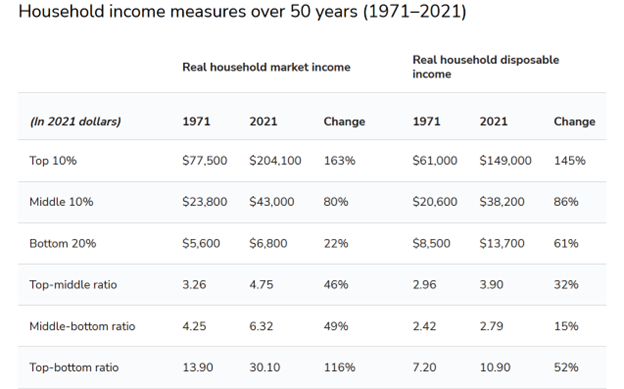
Time may be the most valuable commodity we have to trade in life. Image by Gerd Altmann, on Pixabay.
By James Myers
Many companies are competing to commercialize AI agents and applications, promoting them as ways to “save time” – but are we saving time to make ourselves busier in other ways, and will that truly benefit us?
There’s no doubt that time is an important commodity. In fact, time may be the most valuable commodity in our lives, since we enter and leave life with nothing and during our lives we trade our time for things that we want or need. For example, if you work for a company, you’re trading your daily hours to the company in exchange for a salary, which helps to buy things that you want or need.
In some economies, the value of time is becoming seriously skewed. Rapidly increasing income inequalities highlight the growing difference in the value for time received by the wealthiest people compared to the majority of workers in lower economic strata. Is this the only direction for the future value of time?

Table from the Federal Reserve Bank of Minneapolis October 2023 report Telling the nuanced story of economic inequality in the U.S., layer by layer. The table shows the increasing difference over time in the value of time, according to an individual’s economic ranking.
Is it time to re-think the future value of time?
There’s an important and related question: Is having a dollar in hand today truly worth more than receiving a dollar tomorrow? The discounting of future value is an assumption that underpins the entire economic structure, determining interest rates, investment values, and policies that will have economic consequences for generations to follow. But consider that maybe denying ourselves the value of a dollar today could yield a dollar that goes much further in the future – especially since history consistently shows that human creative genius can deliver unimaginable increases in future value.
Promotions for time-saving AI applications are especially compelling if increasing the amount of time we have for work will produce greater future value with more work. But is that always the case, or would reducing our workload have far greater future value?
The value of doing nothing is the meaning and creativity that boredom delivers.
“You need to be bored,” says Arthur C. Brooks, Harvard University Professor of the Practice of Public Leadership. “If you learn to be bored, you may end up happier.”
Brooks doesn’t define boredom as a negative experience, but rather as a quiet, reflective time when the mind isn’t cognitively occupied. In times of boredom, the brain’s default mode network allows the mind to wander from the minute-to-minute details of daily life to address larger questions like the purpose and meaning of life. Avoiding the larger questions can leave us trapped in a feedback loop of increasingly meaningless action and reaction from moment to moment.
“We’ve figured out a way to eliminate boredom,” Brooks says, by occupying ourselves with the two-dimensional screens of our ‘smart’phones. Elimination of boredom through excessive digital engagement has coincided with the rise of depression, anxiety, and mental health issues, as many studies show. Young people are especially susceptible. For instance, King’s College London reports on two recent studies showing that “Teens with problematic smartphone use are twice as likely to have anxiety – and many are eager to cut down.”
Can we become comfortable with the idea that a dollar today is worth less than a dollar tomorrow?
In some ways, it’s a leap of faith to give up today what we might or might not receive in the future. After all, time is full of probabilities and outcomes that we can never predict perfectly, and this uncertainty creates risks that weigh heavily on future value.
Contrast to that risk, however, the risk of underestimating the future value of human creativity. History continually shows humanity’s immense potential for generating future value. Consider, for one recent and clear example, the underestimated value of the internet before its widespread adoption, and the many ways it has changed the world ever since. Consider too the huge value of life-saving drugs that are now available through human ingenuity but were beyond imagination only years earlier.
Which risk is greater? Do we take today and sacrifice what might be multiples of value in the future, thinking that the value of the future will only ever be less than the value of the present? Or do we think the future can only become more valuable? A better future is, in any event, entirely within our grasp, but it means we’ll all have to pitch in to the effort of creating it.
Nothing comes for free, and the job of creating a better future is far more than any tyrant or autocrat or corporate titan can manage on his or her own. If their wisdom exceeded their hunger for power, they’d realize they would be better off doing their part and pitching into the team effort of generating future value.



